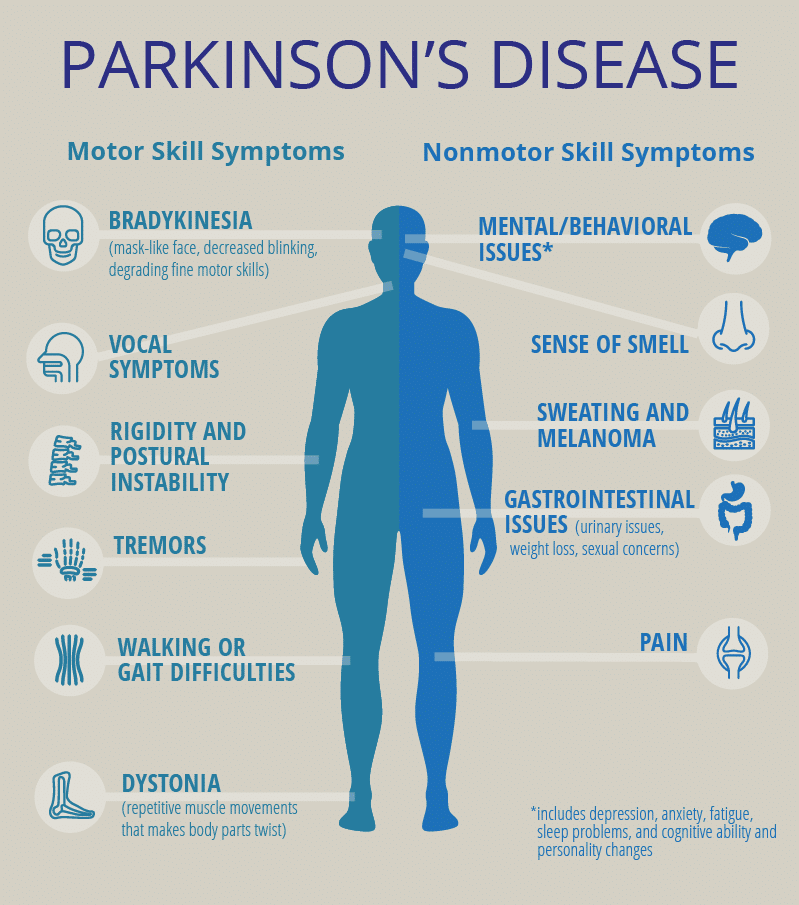If you recognize with Parkinson's might have seen the video taken in a Dutch health center revealing a patient with movement concerns, having a hard time to walk even a couple of actions but then getting on his bike and cycling easily, relatively unimpaired by his Parkinson's. The contrast displayed in these video appears extraordinary; in the beginning a hesitant, sluggish, shuffling strolling movement, followed directly by cycling with a well balanced fluidity of movement where one would not rate any impairment at all. Numerous PD clients will be familiar with this miraculous, flexibility of movement offered by riding a bike.
Biking, Running, Stairs
There are other equally extraordinary elements of motion that can be seen in PD; walking is often exceptionally difficult and extremely slow, each step seems like moving through treacle compounded by balance problems. But, within a second, one can then run quickly-- without effort, in a straight line and with complete balance and control, arms swinging easily. Running in a manner equivalent from that of a healthy individual.
Stairs or actions can represent a challenge for some clients at a specific stage of this progressive condition, whereas for others they highlight a more complicated element of motion in Parkinson's. Strolling on the flat is bothersome whereas once stairs are reached, free-flowing steps can be taken without hesitation or the requirement for any support.
![]()
Reverse Direction?
When exhausted or when late in the evening, or when one's medication is using off, each forward step can appear interminable, waiting, hoping for adequate motive force to allow and construct one to lift then position one foot in front of the other. Such frustrating efforts might result in the acquiring of just a few inches, leaving one to think about if the bedroom or restroom will ever be reached that day. I can then move at near-normal walking speed, although the risk of experiencing unseen objects on the floor and the laughter of liked ones needs to be endured.
It appears truly strange that strolling backwards, climbing stairs, or performing at full-speed must prove to be significantly easier than walking normally, on the flat, in the forward direction. That is the case for myself, at my present phase of this disease.
Bike Movement Suggestion
Going back to biking and seeking to take advantage of exercise that is so important for PD victims, there is one crucial barrier to get rid of: getting on and off the bike. For casual riding, keeping the saddle in a lowered position works fine. To get maximum benefit from exercising hard, a saddle needs to be at an adequate height that the legs are more or less straight when the pedal is at the bottom of its stroke. When stopping at junctions or when biking slowly up a hill, the necessary seat height to attain this inevitably increases the fear of toppling over. Getting on and off the bike likewise becomes very difficult with stiff Parkinson's legs.
Its function in mountain biking is to enable the saddle to be reduced on a steep descent enabling the rider's weight to be moved backwards. Whilst not omitting this purpose for Parkinson's clients, it also proves remarkably useful to help getting on and off a bike and increasing confidence when approaching road junctions.
Dropper posts operate quite just through a button on the handlebars enabling the saddle to be raised or decreased 10-- 15 cm. When fixed, this adjustment of seat-height can be run whilst in movement or. It greatly helps getting on and off the bike and offers self-confidence when biking slowly, in the lowered position, then raised as soon as some momentum has actually been acquired, permitting effective cycling strokes.
This easy device might enable many Parkinson's sufferers to go back to biking, or take it up, and supply physical exercise revealed to be so essential. Similarly crucial in assisting in higher participation in biking is the big mental advantage that it provides, completely eliminating the limitations and aggravations fundamental in walking, offering an excellent sense of flexibility and autonomy.


To find out more νοσοσ παρκινσον